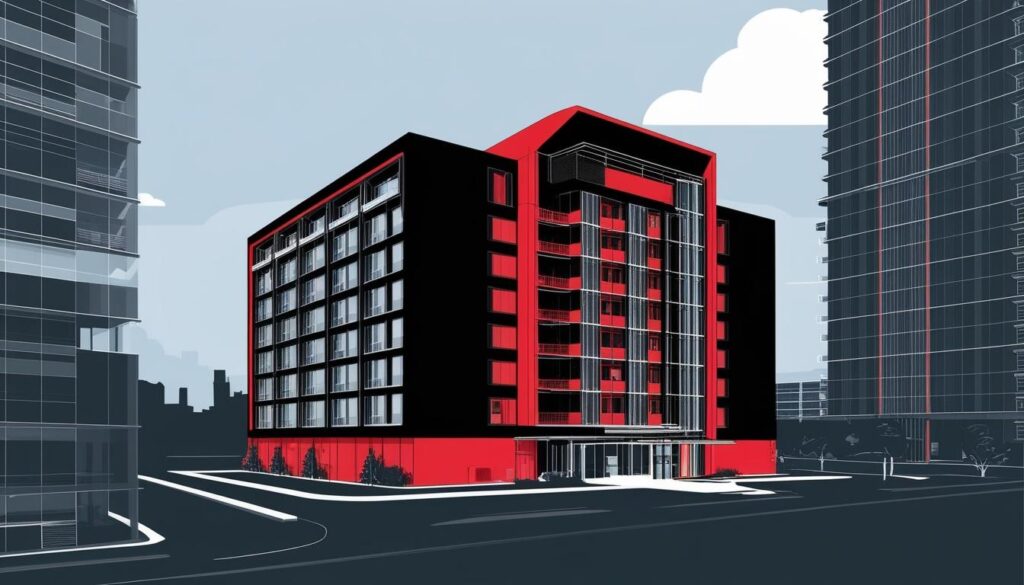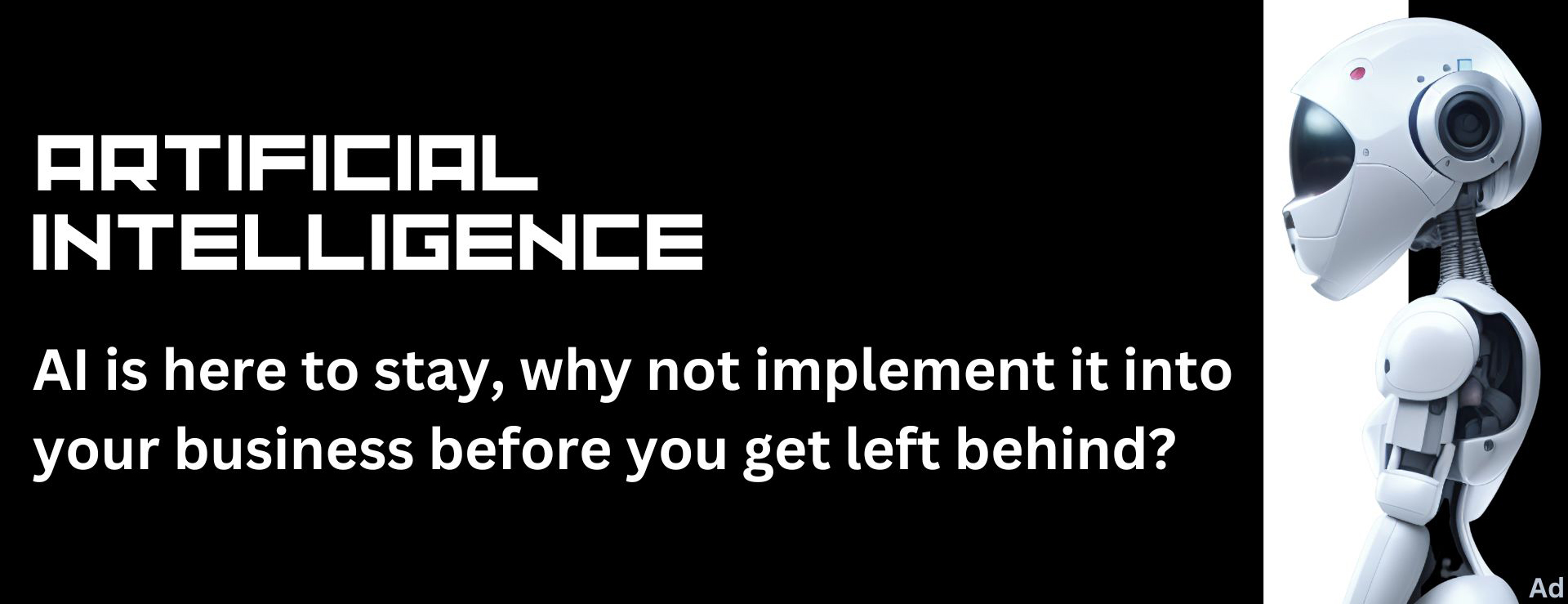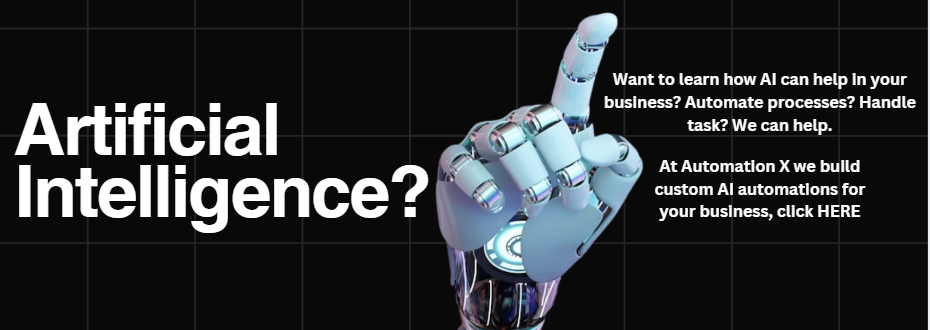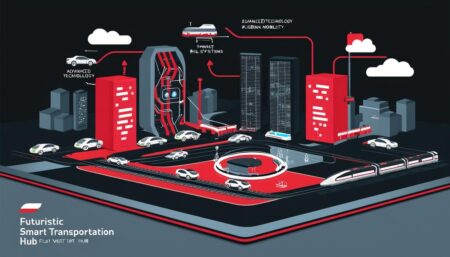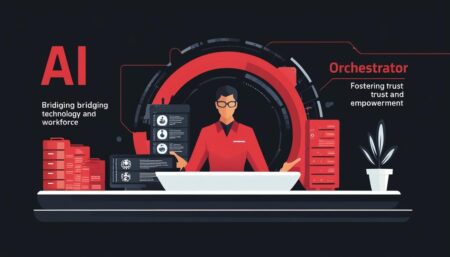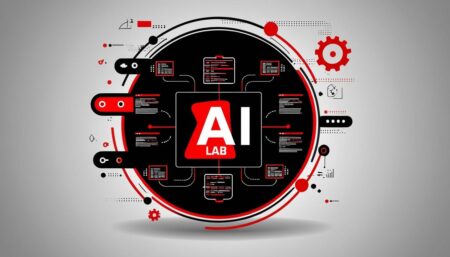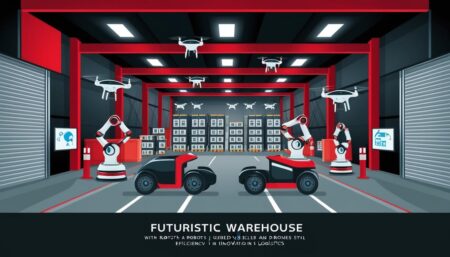Businesses in hospitality and real estate are leveraging AI and automation to enhance operational efficiency and adapt to stringent regulatory measures, indicating a significant trend towards sustainability and cost-effectiveness.
Businesses across various sectors are increasingly turning to artificial intelligence (AI) and automation technologies to enhance their operations and drive growth. Key industries, including real estate and hospitality, are harnessing these innovations not only to improve efficiency but also to adapt to evolving regulatory environments and market demands.
In the hospitality sector, the growing urgency around climate change and decarbonisation has led to a notable increase in the demand for energy-efficient and electrified buildings. Regulatory frameworks have shifted from offering simple incentives to imposing stringent compliance measures, such as building performance standards (BPS), which necessitate reductions in energy consumption and emissions. According to a report from Hospitality Net, real estate operators must align with these regulations to mitigate financial risks associated with non-compliance, which is driving them to enhance performance and invest in sustainable technology.
Technological advances, particularly in AI-driven building management systems, are offering solutions that streamline energy use and improve operational performance in hotels and other commercial properties. Robert Mandelbaum, Research Director for CBRE Hotels, discussed the advantages of deploying AI in enhancing resource efficiency, stating that “the momentum for sustainability continues to grow”. As hotel operators realise the cost-saving potential of investing in energy efficiency, the integration of these advanced systems enables better management of energy resources, while also maximising guest comfort.
Another factor contributing to the shift towards energy-efficient technology is the rising cost of utilities. Recent trends in the energy market indicate a consistent upward movement in utility prices, prompting property managers to proactively seek efficiency improvements to lower operational costs. The COVID-19 pandemic exacerbated price volatility, and projections indicate that energy expenses will continue to increase due to a variety of factors, including the rise in electric vehicles and the demands of data centres.
CBRE has reported that while hotel utility costs rose by an average of 3.5% over the past two years, this increase is significantly lower than the overall growth in operating expenses. In 2024, utility costs for hotels are anticipated to average $2,478 per available room (PAR) annually. Notably, luxury resort properties experience the highest utility costs due to the extensive array of services they offer. On the contrary, limited-service hotels maintain lower expenditures but are still feeling the strain of utility costs as a proportion of revenue.
The hospitality industry is not alone in exploring the benefits of AI and automation. The real estate sector in Europe is expected to see a robust rebound, with investments projected to rise by 15% in 2025, bolstered by anticipated cuts in interest rates and a strong recovery in office leasing activity as return-to-office mandates take effect. The residential market is also poised for positive growth, with average asking prices expected to increase by 4% by the end of 2025 across major European cities, including London and Paris.
Analysts emphasise that the digital transformation of real estate, driven by artificial intelligence, is set to revolutionise property management and tenant acquisition strategies. The CIO World has reported that investors are keenly interested in how AI can enhance market analysis and operational efficiencies, establishing a competitive edge among real estate entities as they navigate through current market challenges and opportunities.
Both hospitality and real estate industries are seeing a concerted shift towards sustainability and efficiency, driven largely by technological advancements in AI and automation. As these sectors continue to adapt to rigorous compliance standards and evolving consumer expectations, the role of technology in achieving operational excellence and sustainability will only become more integral. The implications of these trends suggest a significant transformation in how businesses manage resources, contribute to environmental sustainability, and maintain profitability in an increasingly competitive landscape.
Source: Noah Wire Services
- https://newsroom.ibm.com/2024-01-10-Data-Suggests-Growth-in-Enterprise-Adoption-of-AI-is-Due-to-Widespread-Deployment-by-Early-Adopters – Corroborates the increasing adoption of AI in enterprises, highlighting the role of early adopters and the challenges faced in AI implementation.
- https://www.hotelmarcel.com/new-haven-hotels/sustainability – Provides an example of a hotel (Hotel Marcel) that has implemented energy-efficient and electrified systems, aligning with the trend of sustainability in the hospitality sector.
- https://edgedelta.com/company/blog/ai-adoption-by-companies – Supports the widespread adoption of AI across various industries, including the benefits and challenges associated with AI implementation.
- https://www.dexma.com/blog-en/the-rise-of-sustainability-in-hospitality-the-pivotal-role-of-energy-efficiency/ – Highlights the importance of energy efficiency in the hospitality sector, including the use of AI-driven building management systems to reduce energy consumption and emissions.
- https://www.dexma.com/blog-en/the-rise-of-sustainability-in-hospitality-the-pivotal-role-of-energy-efficiency/ – Discusses the implementation of smart technologies like EMS to monitor and reduce energy consumption in hotels, aligning with regulatory compliance and cost savings.
- https://newsroom.ibm.com/2024-01-10-Data-Suggests-Growth-in-Enterprise-Adoption-of-AI-is-Due-to-Widespread-Deployment-by-Early-Adopters – Mentions the role of AI in addressing operational challenges and improving efficiency, relevant to both hospitality and real estate sectors.
- https://www.hotelmarcel.com/new-haven-hotels/sustainability – Illustrates how hotels are investing in sustainable technology to comply with regulatory standards and reduce financial risks associated with non-compliance.
- https://edgedelta.com/company/blog/ai-adoption-by-companies – Provides statistics on AI adoption rates across different industries, including the financial services sector, which is a significant early adopter of AI solutions.
- https://www.dexma.com/blog-en/the-rise-of-sustainability-in-hospitality-the-pivotal-role-of-energy-efficiency/ – Explains how the rising cost of utilities is driving the adoption of energy-efficient technologies in the hospitality sector to lower operational costs.
- https://edgedelta.com/company/blog/ai-adoption-by-companies – Discusses the digital transformation of various industries, including real estate, driven by AI and automation, which is set to enhance market analysis and operational efficiencies.
- https://www.dexma.com/blog-en/the-rise-of-sustainability-in-hospitality-the-pivotal-role-of-energy-efficiency/ – Highlights the future of hospitality and real estate sectors, emphasizing the integral role of technology in achieving operational excellence, sustainability, and maintaining profitability.
- https://news.google.com/rss/articles/CBMiYEFVX3lxTE1WaWJXcHlDRm1ldTE5SzJ2aktpbTVoSGVzZU1lSUNnTVVLRnRaam1ZZHNHdDlWMlFZSjIwM1pZSHl3S19sZ2NkOUFhandsMUZkRXczY1dnZ3JDVm44TjdpcQ?oc=5&hl=en-US&gl=US&ceid=US:en – Please view link – unable to able to access data






